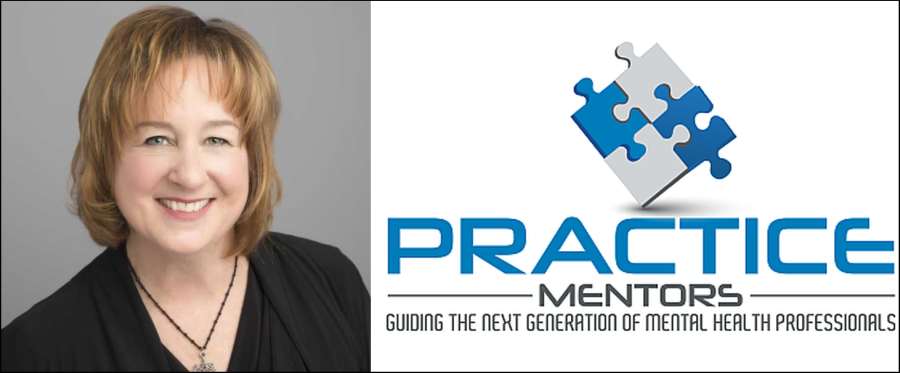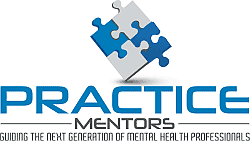Screening an Applicant’s Referrals and The 1 Critical Question to Ask

This Week's Poll
The best way to learn about a product, event, or another person is to examine their reviews/references about their experiences with it/them. Critically screening an applicant's referrals is key to a successful outcome in the hiring process.
Screening an Applicant's Referrals
References given are a golden opportunity to learn more about the applicant's history directly from those who participated in it. Recounts of one person's experiences with another will vary based upon a number of factors that make us all human (worldview, "slice-of-history" experienced, mood that day, etc). The trick to smoothing out those statistical anomalies is to talk to as many references as possible.
The Law of Large Numbers
Interview enough people about their experience with a certain person or event and an obvious pattern will (probably) emerge. It's like scoring the Olympic swimming events,....you throw out the high and low scores and average the rest. The outcome is going to be pretty darn close to the truth, at least as the people in your applicant's life see it. That group is soon to include YOU so don't ever pass up this golden opportunity to look into your applicant's past, it will affect your future!
Interview Structure
The first few questions should be yes/no queries to make your responder comfortable. Give them some time to loosen up. As soon as you feel your conversation-partner is getting comfortable with you feel free to ask follow-up questions (FUP), and the best one is, "Why?".
There are politically and socially charged questions that are actually illegal to pose during one of these calls but, "Why?", isn't one of them. It is the former employer's responsibility to worry about his replies. "Why?" is good! "Can you elaborate?" is also a good open-ended phrase.
Question Format
Here's a couple of question development guidelines to follow:
1. Keep the outcome you're looking for in mind when formulating the question; be specific.
That doesn't mean create a leading question, it means don't phrase the query in such a manner that the respondent talks about baseball when you wanted to discuss football. For example,...
BAD: What's your favorite sport?
GOOD: What do you like about football?
2. Stick to fact-based inquiries.
Avoid opinion and emotion-based questions that might get the answerer in trouble.
3. Phrase your questions in factual, yes/no replies so people will feel comfortable responding.
"Was (applicant) consistently on-time for her shifts?"
4. Do not "lead" the witness.
Don't include the answer you want in the question itself. Let the reference tell you exactly what they're thinking. You don't want them to simply reiterate what you just said. People will do that to take the easy way out in answering a question.
What Do I Ask?
Ok, so let's compile a custom list of questions you want to ask that fit your practice. You only have to do this once and you'll find yourself enhancing the list and using it over and over again.
Step 1-What Do You Want to Know?
Make a list of exactly what it is that you want to know about your applicants. These are not the questions we'll be asking, that comes in Step 2 below. Your list may be different than mine below so feel free to modify. For me, I want to know the following:
- Did she "leave well"?
- Will this person get along with my other counselors?
- Good bedside manner?
- Is this person a team player or a lone ranger?
- Is she a learner? Willing and open to learning new things?
- Is she proactive in the self-branding and marketing department?
Step 2-Craft Your Questions
Phrase your questions with the list of information objectives listed above. Mine look like this:
- Is she eligible for rehire? (FUP question: Will you elaborate a bit?)
- What do you think are (applicant)'s best character attributes? (FUP: Oh, really! Why is that?)
- Was she/he able to develop a loyal clientele? Did people regularly ask for her? (FUP: Why do you think that was?)
- Did (applicant) like to work as a team or prefer solitude and privacy? (FUP: Why do you think that was the case? Or, How did that affect your practice?)
- Would you describe (applicant) as a self-motivated student? (FUP: Why do you say that?)
- What types of activities did she/he routinely participate in to market herself? (FUP: Why do you think that was the case?)
You get the idea.
Always Begin With This One
"Is she eligible for rehire?"
Why? Because if this character reference is going to go south you might as well find out about it right up front. If there is some facet about your applicant's history that is a deal-breaker for you then discovering that right up front will save you a lot of time in this interview. That's why.
"Eligible for rehire" means, "would your company HR department guidelines allow this person back on the payroll?". If the answer is, "no", that means the applicant did something egregious according to published guidelines and you need to find out what that was! You'll have better luck asking the applicant and I dang sure would.
Since most small businesses don't have a dedicated HR department, what they hear is, "as a smb owner, would you want this person back on your staff?" This is probably the most telling question of all. If they don't want them back, what does that mean for you? Better find out now!
How to Get More Information Than Your Competitors
We're counselors. We're good listeners but we also very much like the sound of our own voices, don't we? It is critical that during these interviews you ask the question then STOP TALKING. The reference can't give you that one little nugget that will tip the scales either way if you're still talking. Ask, then listen. And definitely don't interrupt. Nuggets missed would almost always have been uttered right after you interrupted and derailed their train of thought.
Summary
Always call the references. All of them. If you can't connect with them then throw it back into the lap of your applicant to put a fire under their references or give you some others. Don't skip the calls because it's not convenient or they didn't answer or return a call.
Make a list of your conversational objectives then formulate your questions following the guidelines I've given you. Never forget the all-powerful follow-up question, "Why", in all of its forms. Then practice, "good listenership". This is not the forum to work on your social-conversational skills. Finally, listen to that inner voice of yours and act accordingly.
And now you know.
What interview techniques have worked well for you in the past? Comment below!
Plan Smart. Be Safe. Serve Others.
Kathleen Mills, LPC-S, CEAP

Got An Opinion?
These posts are my beliefs based on a) almost 30 year practice as a mental health provider and b) my own research. Whether you agree or disagree, please feel free to leave your civil, constructive comments below. I try very hard to back up my liberty-based statements with my own experience and/or verifiable facts and I would ask you to do the same. You do not need to be logged in to leave a comment.
Related Course
Sorry, we couldn't find any posts. Please try a different search.
Related Workshop
Sorry, we couldn't find any posts. Please try a different search.

